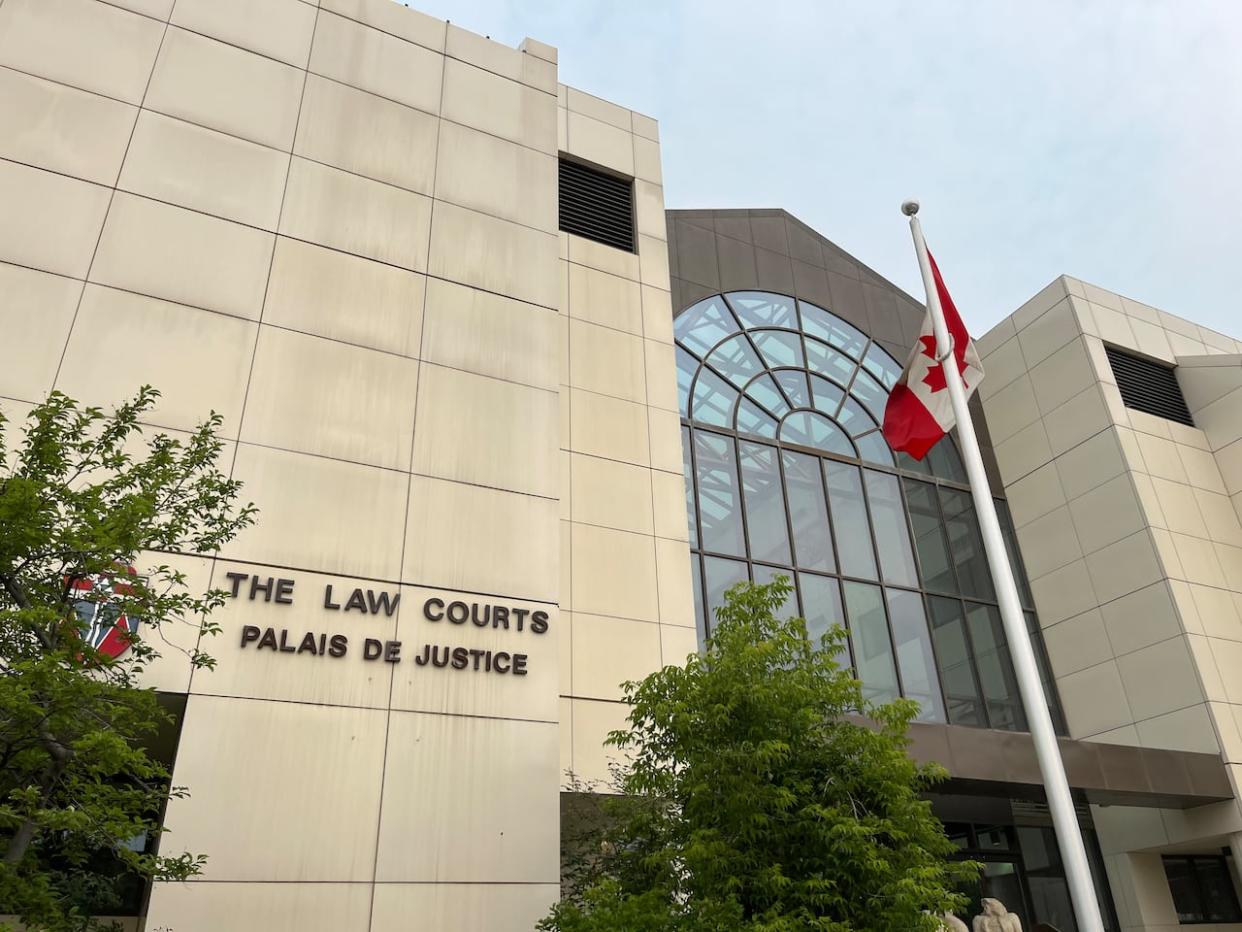Ross River, Yukon, man sentenced to 9.5 years for manslaughter

- Oops!Something went wrong.Please try again later.
A judge sentenced on Tuesday the man who killed a Kaska woman in Ross River, Yukon, to 9.5 years in prison.
With credit for time already served, Phillip Atkinson will be in prison for just over four more years.
Last fall, Atkinson pleaded guilty to manslaughter in the 2019 death of Mary Ann Ollie, described by her family as kind, gentle and community-minded.
Atkinson, 67, had previously faced one count of first degree murder, a charge that was first laid against him in 2020. It took the RCMP 13 months to charge Atkinson.
Before a courtroom full of spectators on Tuesday, many of whom made the trip from Ross River, deputy Yukon Supreme Court Justice David Gates addressed Atkinson directly and said he hoped "this will endure as a powerful message of the consequences of your actions."
"You will have to live with this for the rest of your life ... My hope is that positive action will come about because of this tragedy."
Gates called the attack on Ollie "brutal," one that for years has plunged the community into a state of anxiety, fear and grief.
He also acknowledged the lengthy court process made matters worse.
"I share your disappointment" that the case didn't end sooner, Gates said.
Gates explained that the right to a fair trial, the COVID-19 pandemic, and the need for more contextual information on Atkinson added more time.
The length of Atkinson's sentence was originally proposed by the Crown and defence, stemming from the plea bargain. Gates also accepted a for-life firearm prohibition order and a DNA swab.
Roberta Dick was in the courtroom when Gates issued his decision. The councillor for the Ross River Dena Council told CBC News shortly afterward the community was hoping for a harsher sentence.
"Justice wasn't served," she said. "You know, nine-and-a-half years is nothing. A slap on the wrist.
"They want more, more time for Phillip to pay for."
Factors behind the sentence
At the sentencing hearing, which began in December, Gates called on lawyers to collect more information about Atkinson's personal history, including a Gladue report. The judge said he didn't have enough details to determine if the proposed sentence was adequate.
The court heard Atkinson, who grew on his father's trapline, was taken from his community at five years old and forced to attend residential school.
During formative years, the report says he attended two schools — one in Whitehorse, another in Lower Post, B.C. — where he was the target of many forms of abuse.
Gates said the harsh treatment Atkinson faced "made him feel ashamed of himself and his people."
Poverty, substance use, a turbulent upbringing and violence followed.
The judge also wanted lawyers to delve into Atkinson's criminal history, which includes about 20 convictions that date back decades. Twelve, Gates said, involve violence against women.
Taken together, Gates found Atkinson's background as a First Nations man includes significant personal and systemic hardships that span much of his life, adding that this affected the outcome of the sentence.
Gates also said Atkinson's guilty plea demonstrates remorse, and that it spared the community and a jury from a potentially long, graphic trial.
Still, he said the sentence is fitting for the severity of the offence.
"Mr. Atkinson," Gates said, "I wish you luck."

